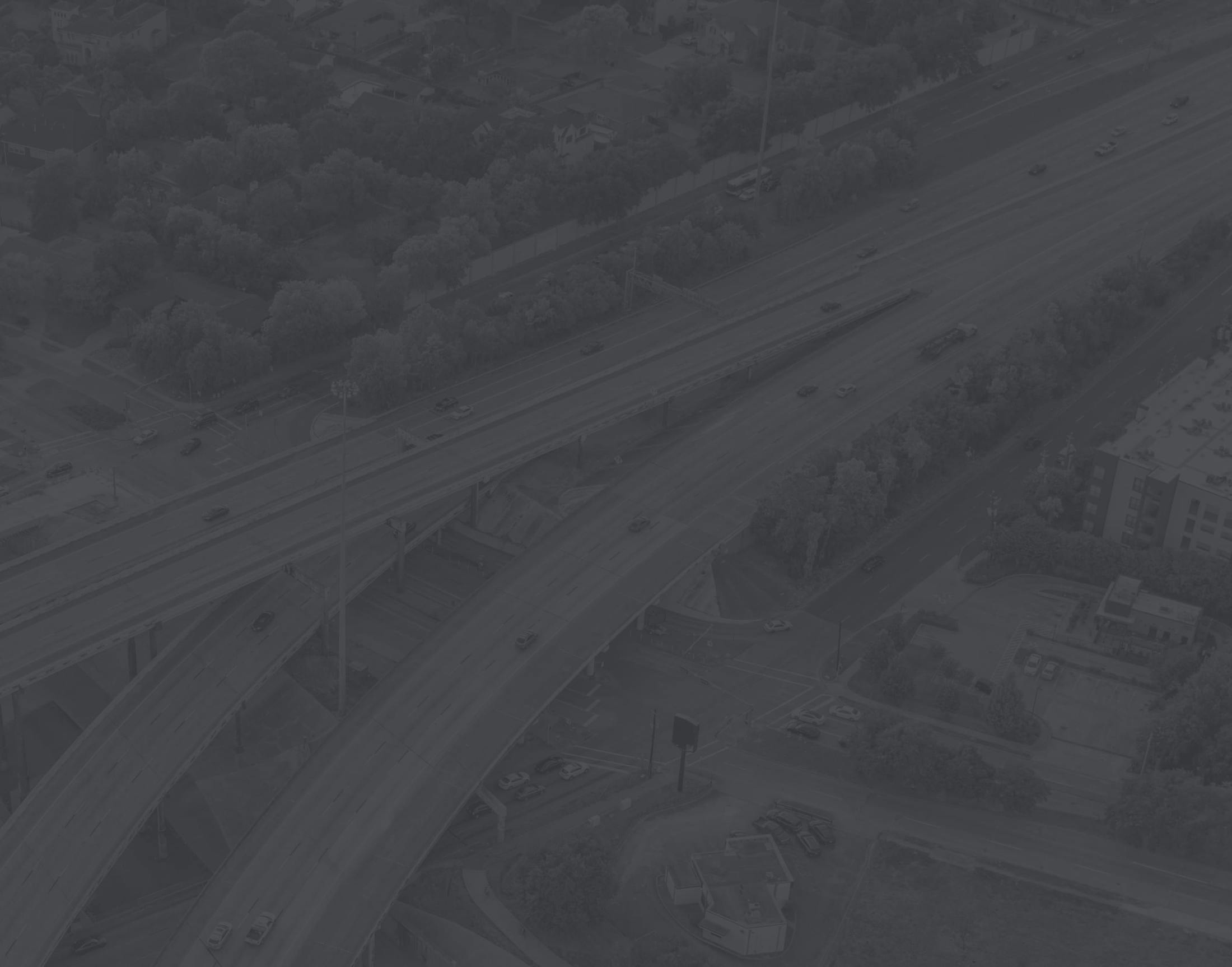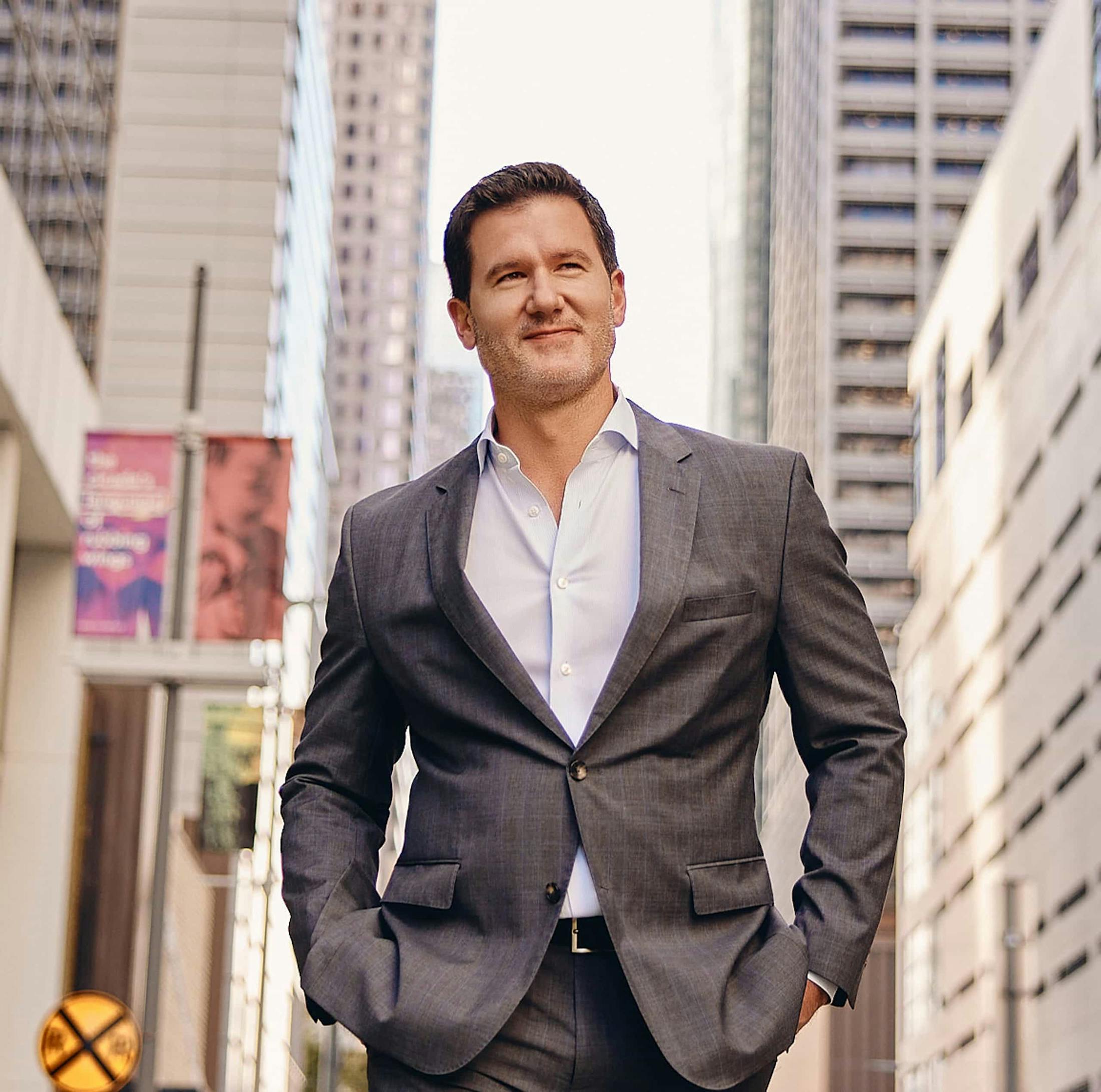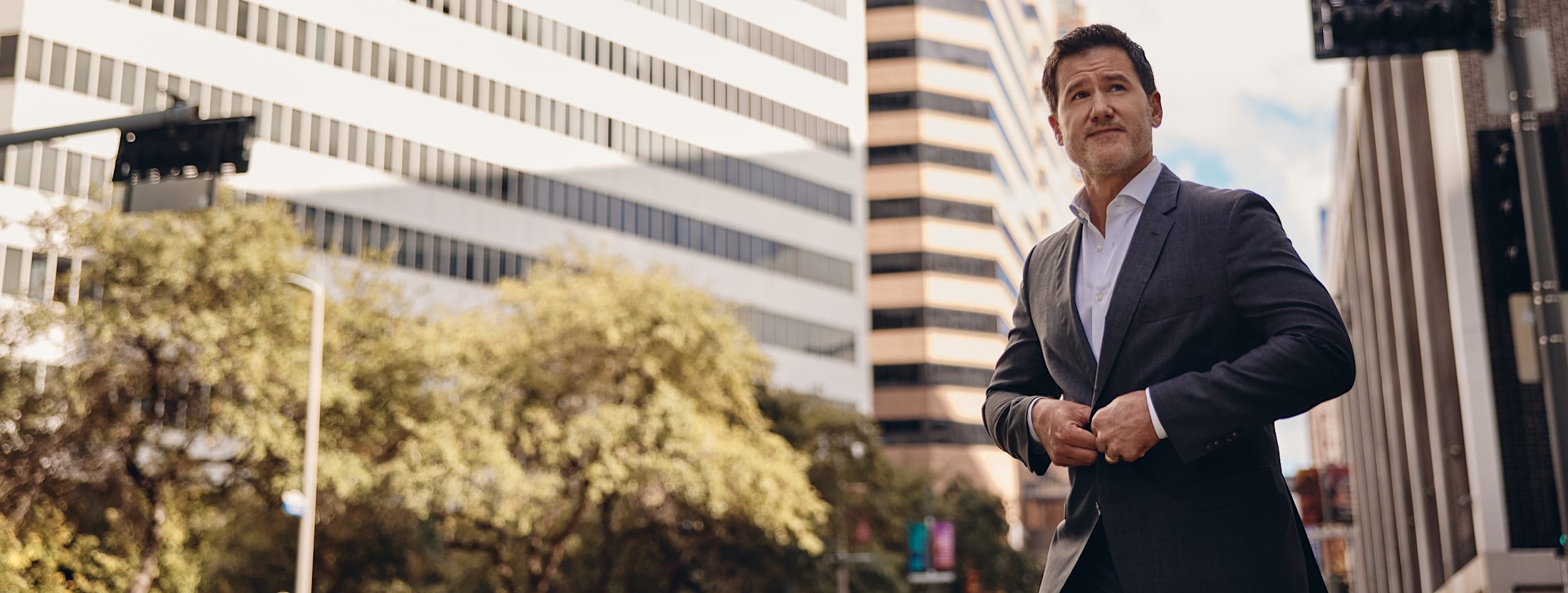Excessive Speed
Speed limits were designed to keep those traveling on the road safe. When people decide to speed, they are endangering others. Speeding on the road reduces drivers' chances of seeing and reacting to other people, especially motorcyclists. With little to no time to react, collisions cannot be prevented by the careless driver. In addition to a higher likelihood of crashing, the high speed means greater impact and more severe consequences.
Intoxicated
Driving under the influence of alcohol or non-medicinal medications is not only illegal but incredibly dangerous. Despite this common knowledge, people still get behind the wheel and engage in intoxicated driving. Alcohol and drug use can affect a driver’s judgment, and their reflexes may be slowed, increasing the risk of an accident. Perpetrators of accidents stemming from the use of alcohol or drugs may face civil and criminal liability in addition to owing monetary compensation.
Inexperienced Drivers
Those just beginning to drive may not be as defensive or confident as other drivers. They may fail to follow all of the rules of the road or get distracted, causing them to be less alert to their surroundings. An inexperienced driver’s actions can lead to a potential motorcycle accident. A driver may forget to check their blind spot before completing a lane change or suddenly brake without giving a motorcyclist enough time to stop.
Distracted Drivers
Drivers are responsible for paying close attention to the road and operating their vehicle without compromising the safety of other motorists, bicyclists, and pedestrians. Unfortunately, drivers do not always make the best decisions and can become distracted. Eating, drinking, texting, looking up directions, or even changing the radio station can take attention away from the road. This can lead to dangerous driving practices and, unfortunately, tragic consequences for the parties involved.
Dangerous Road Conditions
A motorcyclist's responsibility is to operate their bike respectfully and responsibly to prevent accidents. Unfortunately, accidents don’t always happen because of their negligence. Dangerous road conditions are often the culprit of motorcycle accidents, including weather conditions like rain, sleet, snow, and wind. Additionally, crumbling pavement, potholes, fallen debris, and lack of roadside signage can force even the most careful drivers to lose control of their vehicle, resulting in accidents.
Sudden Stops
Rear-end accidents are usually the result of following too closely, also known as tailgating or stopping abruptly for any number of reasons. These accidents are deadly to car passengers and may result in pile-ups, making them even more dangerous to motorcyclists who have no barrier between themselves and other drivers. If struck, a motorcyclist can be ejected from their bike and suffer from road rash, broken bones, life-threatening injuries, or even loss of life.
Driver Error
Because motorcycles are less common on the road, automobile drivers’ brains are not as attentive to them. Combined with generally unsafe driving practices such as careless and abrupt lane changes, speeding, failure to check blind spots, and disregard for signal use, motorcyclists are often at the receiving end of driver error. A driver’s negligence can cause serious consequences for a motorcyclist, including head injuries, neck and back injuries, or even death.
Motorcycle Defects
When you drive your motorcycle, you put trust in its ability to function reliably and as expected, getting you to where you need to go safely. However, this is not always the case. In the event of poorly designed or manufactured motorcycles, the manufacturer can be held liable for any accidents, injuries, or deaths originating from the defective part. Common motorcycle parts that can be defective include the brakes, tires, handlebars, and engine.










